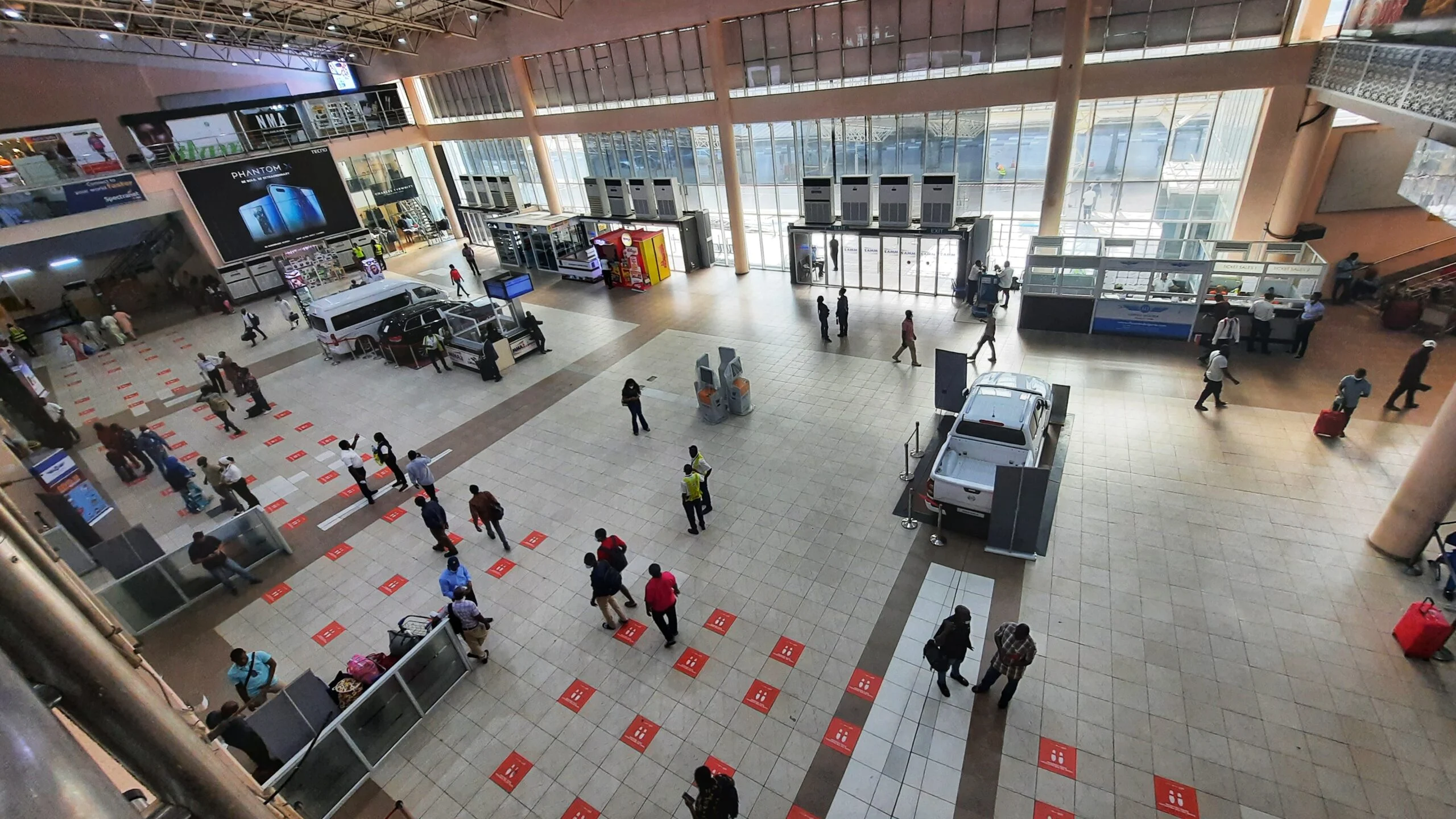The hike in the price of aviation fuel, Jet A1, has forced airlines to astronomically increase the prices of return tickets leading to passengers shunning air travel.

OduNews gathered that passengers now pay more than N250,000 for a return Lagos-Abuja ticket; while Lagos-Kano return is pegged between N200,000 and N300,000 depending on the time of booking and the Airline.
The cost of Jet A1 had crossed N900 per litre as of Wednesday in some states in the Northern parts of the country.
According to a leading airline operator, Jet A1 is sold for N880 per litre in Kano while it is sold for N780 in Abuja and N740 in Lagos.
Flights’ arrival and departure had since slowed down at terminal 2 of the Muritala Muhammed Airport (MMA2), Lagos.
While the terminal recorded 187 flight departures in the first week of July 2022, the terminal recorded a lower figure of 172 in the first week of August.
Also, arrivals dropped from 225 that was recorded in July to 140 in August, thereby, confirming aviation’s stakeholders’ fear of a drop in flights due to the high cost of the tickets that were influenced by a hike in aviation fuel, foreign exchange and other operating cost.
This increment in the price of Jet-A1, according to airline operators, has eaten up their profit, thereby, making profitability very slim, as well as, passengers seeking alternatives to air transportation.
For instance, a return ticket on Max Air, Jos to Lagos goes for N280,000 and a return ticket from Portharcourt to Kano goes for N306,000. Lagos To Katsina goes for N148,000 while a return ticket from Abuja to Lagos is between N148,000 to N155,000.
Kaduna to Lagos flight on Azman Air is between N150, 000 to N170,000 while return ticket Maiduguri to Abuja for same day is N140,000 and Abuja to Birnin Kebbi goes for N150,000.
Abuja-Kano flight on Max Air is between N90,000 and N130,000; while it is between N74,000 and N80,000 on Air Peace. Also on Max Air, Abuja-Maiduguri is N90,000 and Lagos-Kaduna on Azman Air for a Wednesday flight, is N130,000. A one-way Lagos-Abuja fare is now N80,000 and could be as high as N150,000 if the travel date is in 24 hours.
Air Peace return ticket from Abuja-Kano is between N140,000 and N160,000 and one-way, N78,000. A return from Abuja-Gombe is N150,000 and one-way, N75,000. For Abuja-Port Harcourt, a one-way ticket is N100,000; Abuja-Lagos, between N75,000 and N100,000.
Air Peace flight from Lagos to Enugu on Thursday (today) showed that it costs N150,000 for a one-way ticket.
The Director of Research, Zenith Travel Consult, Olumide Ohunayo, told LEADERSHIP that commercial airline operators have started cutting down on schedules because the nation’s airports are empty and being deserted by passengers due to price hikes.
According to him, passengers have, as well, reacted to the increase in price and cutdown in the air travelling by either embracing technology or other means of transportation.
He said, “patronage is a bit low now because the ticket price is not coming down. It is increasing daily and this is because aviation fuel is about N903 and we are in the summer, the Russia Ukraine crisis that led to sanctions which haven’t been lifted leading to the fuel crisis and we still have the naira exchange rate to the dollar that hasn’t shown any hope of reducing.
“We have still not met credit obligation to foreign airlines about the trapped funds to airlines so we have an issue that makes us feel any favourable cost to Nigeria due to all these factors. And since it’s not refined in Nigeria we can’t eliminate the exchange rate.
“Now, the airports are empty, airlines are reducing schedules and aircraft size. This is a reflection of the dwindling numbers of passengers at the nation’s airports which the airlines are reacting to another not to have some losses and we know that airline like Airpeace has just stopped Johannesburg routes and foreign airlines are also reducing flights and giving strong conditions that tickets not originating from Nigeria can no more be sold in Nigeria so all these hard positions of the airline are based on how they can survive this harsh operating environment led by fuel prices and increasing loss of the naira.”


Comments are closed.